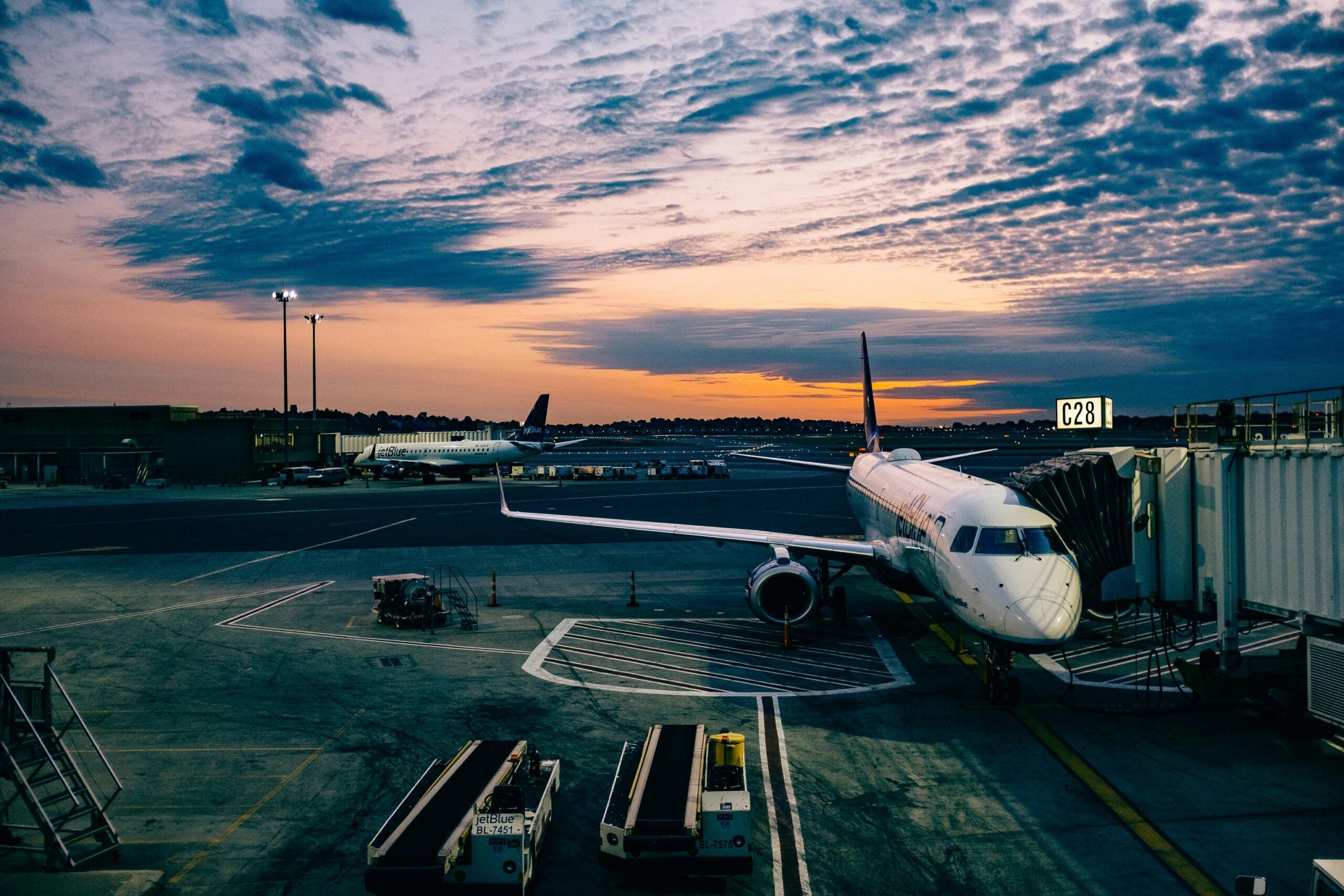My Introduction to Aviation Mental Health
I was walking back to my apartment after class when I got the email – a plane crashed at the University of North Dakota. In a panic, I called my boyfriend who was a student pilot himself at the time. My relief of learning he was not in the incident would not overshadow the somber tone that would take over the campus after. We lived with three other students, two of which were also student pilots. The majority of that night was spent in silence. I did not know the student personally but we all attended the memorial hosted by the university to grieve his loss and show support for our friends who were directly impacted. As a psychology student and someone who had recently gone through suicidal thoughts myself, I was devastated to learn that the crash was not an accident but a suicide. This would forever impact me as I learned about the barriers those in the aviation community face when seeking mental health care.
Statistics, Challenges, and Aviation Safety
12.6% of pilots are managing depression. 4.1% are managing suicidal thoughts without treatment. 38.8% of pilots lie to their doctor in fear of losing their medical certificate. These are just a few of the statistics cited in the Federal Aviation Administration’s 2023 report on mental health.
Seeking mental health care can mean the end of a career for pilots and air traffic controllers. If the individual is diagnosed with a mental health condition, it is required to be reported to the FAA. While there is a process for some pilots or ATCs to return to work after treatment or diagnosis, it is long and expensive. They are not authorized to return to duty until this process (which takes months or even years) is complete. Look up special issuance medicals and you will find many stories from pilots and aviation workers. Some successfully returned to work – after waiting for months and spending thousands of dollars. Some were simply denied and barred from working in the aviation industry. Mental health (and sometimes physical health) issues are not reported out of fear of losing pilots licenses, medical certificates, income, and a career built on passion.
Not only is this a mental health issue – it is an aviation safety issue. The FAA mental health report states, “FAA’s ability to mitigate safety risks is limited by pilots’ reluctance to disclose mental health conditions”. This is not a hypothesis. Germanwings Flight 9525 has become a case study in the intersectionality of mental health and aviation safety. The copilot of this flight had mental health conditions and symptoms that had gone unreported and untreated. They intentionally crashed the plane, ending the lives of all 150 people on board. While this is perhaps the largest incident involving a pilot struggling with hidden mental health issues, it is far from the only one. Encouraging mental health care is aviation safety.
UND John A. Hauser Mental Health in Aviation Initiative Fund
While these incidents and statistics can feel daunting, there is hope for a better future. The parents of the UND student created a memorial fund in his name: the John A. Hauser Mental Health in Aviation Initiative Fund. This fund has allowed for the expansion of mental health services on campus and the development of programs for the aviation department. Along with these services, UND now hosts an annual Aviation Mental Health Symposium, a peer support program, and mental health support training for students across campus. This has launched the UND aviation department into the model institution for aviation student rights and mental health support. Please consider donating to the fund if you are able (link below).
The Pilot Mental Health Campaign
I came across PMHC a few months ago when I began my initial research for this article. PMHC is a non-partisan organization pushing for legislative change in aviation mental health. This is a fantastic group of pilots, aviation workers, spouses, mental health advocates and workers, policy experts, political advocates, and more. There are many different roles these volunteers fill from working booths at events to appealing to lawmakers for change in policies impacting pilot mental health. I joined them as a blog writer and am proud to be educating the public, providing community members with education and resources, and elevating the voices of others. You can volunteer regardless of your connection to the aviation community. The organization also accepts donations which go towards things like including student pilots in events by paying their travel fees. Please consider volunteering, donating, or sharing the blog articles written by yours truly.
Final Thoughts
The mental health of pilots and aviation workers impacts us all. This is a small community that has been impacted by multiple tragedies as of late. They need help in creating reform in their mental health systems. By supporting legislation that offers greater protection to those seeking mental health care and advocating for better mental health education in the community, we can all work to make the skies safer.
For more information and statistical references please see…
FAA 2023 Report on Aviation Mental Health
If you would like to contribute to the cause visit…
UND John A. Hauser Mental Health in Aviation Initiative Fund
And for a personal story from a pilot impacted by these issues, please see this video by a fellow PMHC volunteer and hobby pilot…

Leave a Reply